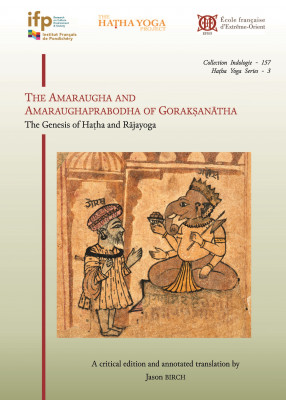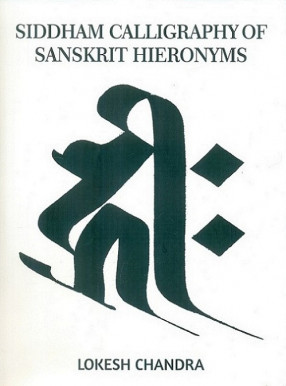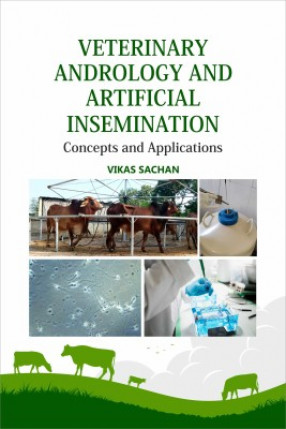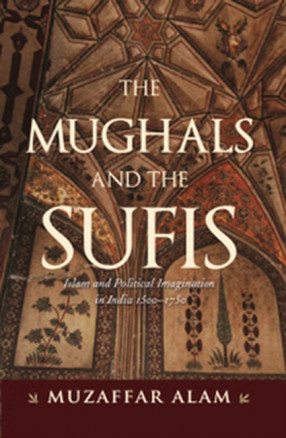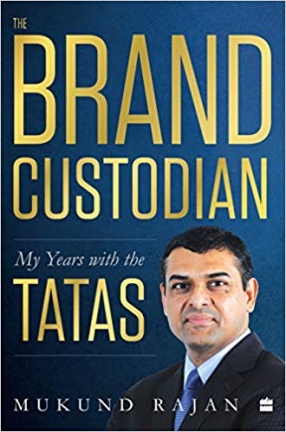FREE & QUICK WORLDWIDE SHIPPING ON $60+
TAKE 10% OFF YOUR ORDER | USE CODE: TAKE10

Book details
-
 xlviii+380p.
xlviii+380p.
-
 Hardcover
Hardcover
-
 English language
English language
-
 Sage Publications India Pvt. Ltd.
Sage Publications India Pvt. Ltd.
-
 01.01.2004
01.01.2004
-
 ISBN 10:
8178293269
ISBN 10:
8178293269
Related categories
Migration, Modernity and Social Transformation in South Asia
Synopsis
Migration has emerged as one of the key issues of the 21 century. While human movement has become a major political issue and research projects devoted to its study have proliferated, within contemporary social anthropology and sociology there remains a resounding silence on the effects migration has on local areas or individual lives within South Asia. In particular, what migration means in terms of cultural or social change in specific places has been little examined. Addressing these lacunae, this volume discusses migration within rural areas and between villages, towns and cities. Based on detailed ethnographic studies from Pakistan, India, Bangladesh and Sri Lanka, it focuses on actual practices, juxtaposing internal with international migration. Maintaining that migration in all the cases presented involves far more than simple economic strategies and issues of material well-being, the contributors highlight three major aspects of migration that existing studies have largely neglected: Migration entails projects of transformation, either by individuals, or groups or even states, in which new identities are forged and existing orders challenged or changed. The hallmark of migration is its ambiguity. Even as migrants struggle to transform themselves, they are often torn between competing ideals. Similarly, the new ways of being, experiences and ideologies represented by the places which migrants move to and between, often invoke highly ambivalent responses. Migration always involves relations of power, whether between states, cities and rural areas, between migrants and non-migrants, or between individuals within a migrant's family. Underscoring all of these relationships is the global political economy and the weight of inequality as well as opportunity which this involves. Overall, this volume suggests that while migration occurs in the context of power relations between people and localities, migrants at the same time continuously interpret, negotiate and subvert these constraints within the unfolding of specific migratory practices, the outcome of which cannot be predicted. An important contribution to theoretical debates on migration, this book will interest students and scholars of migration and development studies, geography, demography, social anthropology and sociology.
-5%
Item available. Ships in 1-2 days.






